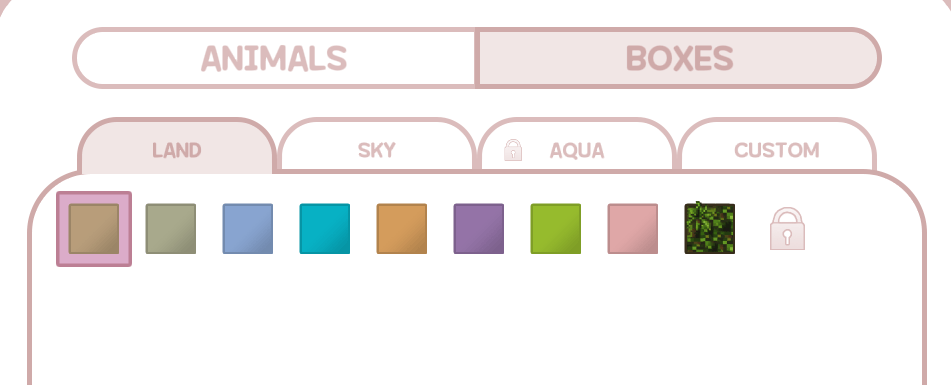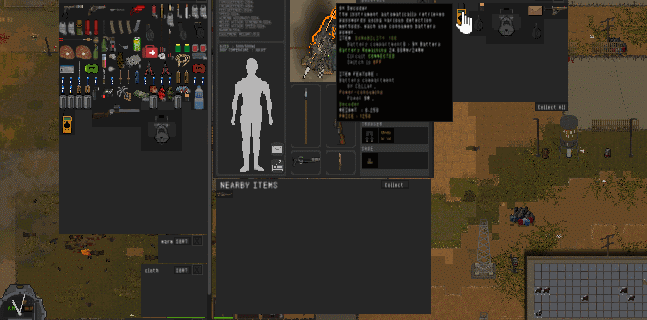
Apr 30
Bigfoot vs Scots - War Haggis
Hey all, dropping in for another weekly update. This week has been a bit chaotic for me as I'm gearing up to move house next Tuesday. I'll be hitting the road for about four days, making my way to a new country. It's exciting stuff, but it's also meant that I haven't been able to dedicate as much time to the game as I would have liked. Next week is shaping up to be a bit of a clusterf***, but once I'm settled, I'll have a solid three weeks to really dive into the game. My belongings won't arrive for another three weeks, so it'll just be me, my computer, my gaming chair, and plenty of time to focus.

Now, onto the important stuff—what I've been working on. I've managed to get the Quest system, Combat System, and Dialogue system all talking to each other and sharing information, which is a big win. Check out the Options menu in the screenshot—I've got some basic settings that can be adjusted. Next up, I'll be tackling key bindings, and I'm hoping to have that sorted by next week, even if I'm sitting in a tent at a campsite somewhere in Europe!
I've also been putting some work into the music system, and I'll be posting a more detailed update about that over the weekend. Additionally, I'm in the process of putting together an 'Early Access Road Map', outlining my plans and timelines. Stay tuned for that.
On the web front, I've finally got the website up and running at BigfootvsScots.com. I'll be posting plenty of information there, but rest assured, major updates will always be shared here as well.
It's mostly been a lot of housekeeping tasks lately—cleaning up things in the blueprints, tweaking here and there. I'm also hoping to share some game footage soon, but I can't commit to specific dates just yet. Once I'm settled in my new home, I'll be able to provide more consistent updates. As any creative will tell you, a little chaos is necessary to create something special.
Until the next update, stay safe, stay healthy, and enjoy life. And as a bonus, here's a little treat for you: drunk haggis dancing on the Rusty Badgers bar. (NSFW)
https://youtube.com/shorts/fV6KTRzVi10

Now, onto the important stuff—what I've been working on. I've managed to get the Quest system, Combat System, and Dialogue system all talking to each other and sharing information, which is a big win. Check out the Options menu in the screenshot—I've got some basic settings that can be adjusted. Next up, I'll be tackling key bindings, and I'm hoping to have that sorted by next week, even if I'm sitting in a tent at a campsite somewhere in Europe!
I've also been putting some work into the music system, and I'll be posting a more detailed update about that over the weekend. Additionally, I'm in the process of putting together an 'Early Access Road Map', outlining my plans and timelines. Stay tuned for that.
On the web front, I've finally got the website up and running at BigfootvsScots.com. I'll be posting plenty of information there, but rest assured, major updates will always be shared here as well.
It's mostly been a lot of housekeeping tasks lately—cleaning up things in the blueprints, tweaking here and there. I'm also hoping to share some game footage soon, but I can't commit to specific dates just yet. Once I'm settled in my new home, I'll be able to provide more consistent updates. As any creative will tell you, a little chaos is necessary to create something special.
Until the next update, stay safe, stay healthy, and enjoy life. And as a bonus, here's a little treat for you: drunk haggis dancing on the Rusty Badgers bar. (NSFW)
https://youtube.com/shorts/fV6KTRzVi10






























